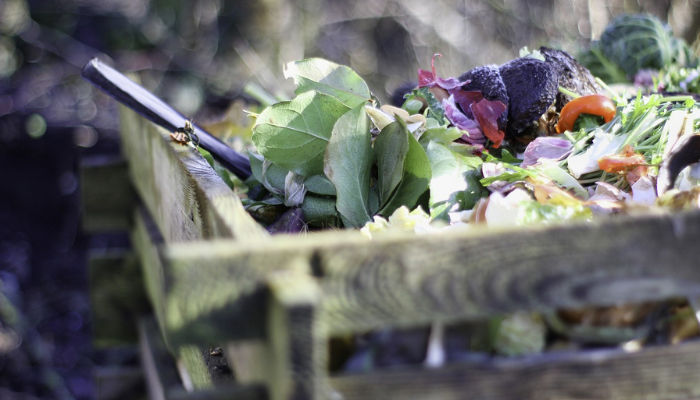Home composting
Published: 11 Nov 2021

With half of the waste in an average black bin being potentially compostable, it will also save that from going to landfill and releasing methane (a gas 25 times more potent than CO2) there.
Composting also helps improve your soil by returning valuable nutrients such as potassium, nitrogen and phosphorous to it and helping it store more carbon.
And by composting at home you also save money by not having to buy in compost and fertiliser from elsewhere.
This helps save some transport emissions as well as - and this is a biggie – potentially saving valuable peatlands from being degraded to add to commercial compost.
With peatlands in the UK storing more CO2 than all the UK’s forests and other soils combined, anything we can do to help stop their destruction is a valuable contribution to stopping climate chaos. So even if you can’t compost at home, do buy peat free compost. It’s a small but valuable change to make.
The Welsh Government have now said they plan to stop the sales of compost containing peat. In the meantime, until this ban comes into force, if you have a garden and buy compost, do buy peat free compost. It’s a small but valuable change to make.
Or, how about trying a wormery? You can add different things to a wormery to those you can put into a compost bin and, as they take up less room and are more hygienic, can be valuable additions to small gardens or even kitchens! Another possibility is Bokashi.
Alternatively, if you would like to compost but don’t have the room, maybe ShareWaste might be of interest? It helps connect people who would like to recycle their kitchen scraps with others in their areas who are already composting or using wormeries.
